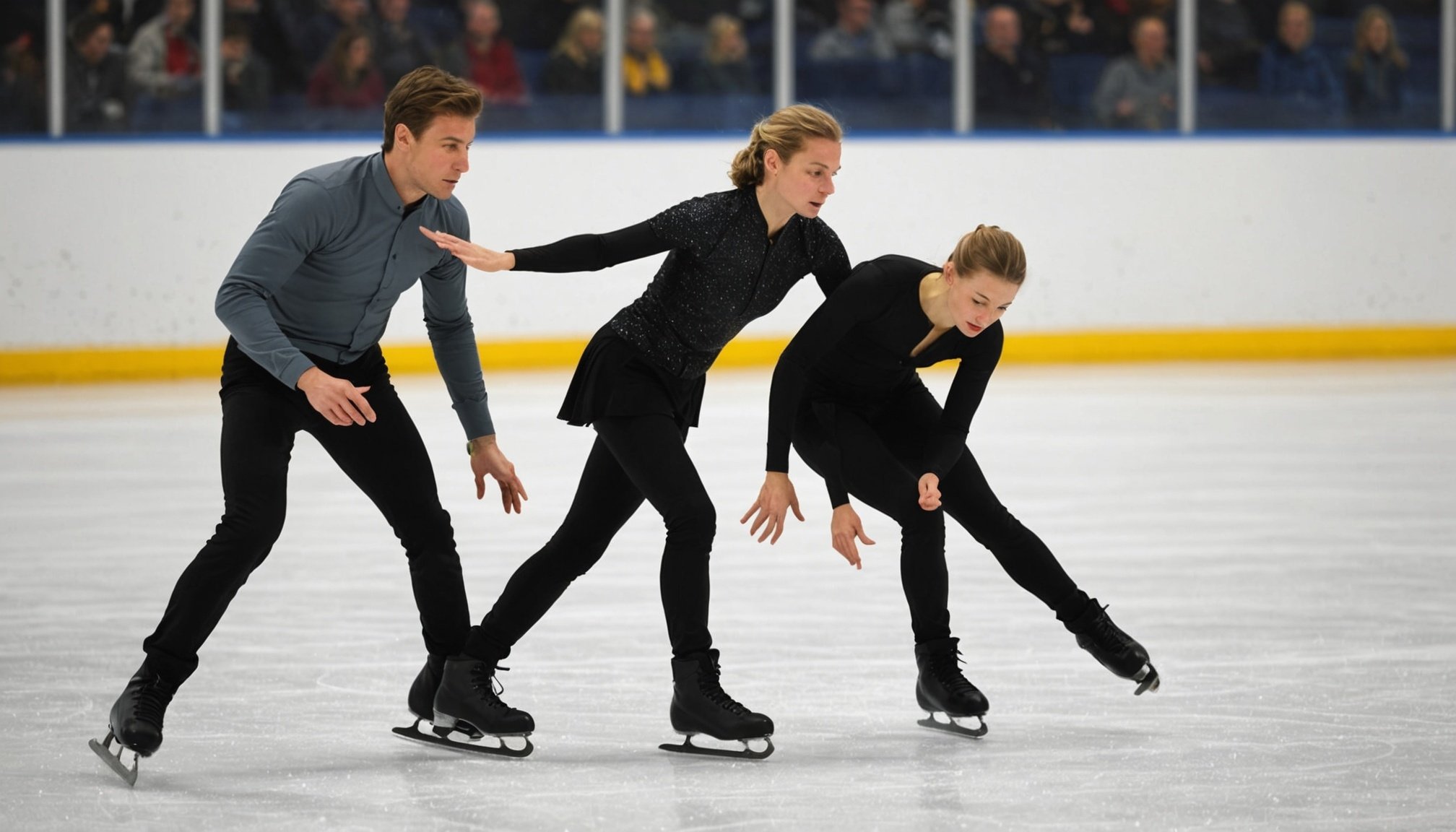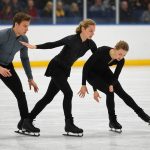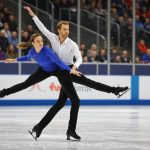Understanding Performance Anxiety in Ice Skating
Performance anxiety in ice skating can significantly impact an athlete’s ability to perform at their best. Performance anxiety often manifests as nervousness or fear before a skating event, affecting skaters’ concentration and confidence. This anxiety can stem from various sources, including the pressure to perform perfectly, fear of judgment from spectators and judges, or past negative experiences in competitions.
It is crucial for skaters to engage in mental preparation to manage these anxieties effectively. Mental preparation involves developing strategies to control nerves and boost confidence, ultimately enhancing performance. Techniques such as visualization, rehearsal routines, and setting realistic performance goals can significantly benefit skaters.
Additional reading : Elevating equestrian excellence: strengthening the bond between athletes and their horses for unmatched performance
Understanding common causes of pre-performance nerves is the first step in addressing performance anxiety in ice skating. These can include a lack of familiarity with the competition environment, inconsistencies in practice routines, and heightened expectations from coaches and peers. Recognizing these triggers allows skaters to take proactive measures.
By incorporating mental preparation into their routines, athletes can build resilience and focus, transforming anxiety into an occasion for excellence. A well-prepared mind supports physical readiness, enabling skaters to reach their optimal performance levels. Addressing performance anxiety is integral to achieving success on the ice.
Have you seen this : Maximizing biathlon success: effective strength training techniques to enhance skiing efficiency
Breathing Techniques for Calmness
Performance anxiety in ice skating can be effectively managed with breathing exercises, which serve as powerful relaxation techniques. These methods aim to reduce anxiety by calming the nervous system, promoting a focused and composed mind.
Diaphragmatic Breathing
Diaphragmatic breathing focuses on deep breathing, engaging the diaphragm fully. This technique requires inhaling deeply through the nose, allowing the abdomen to expand rather than the chest. Exhaling slowly through the mouth releases tension. Practising this regularly can help lower stress levels and promote relaxation.
4-7-8 Breathing Technique
The 4-7-8 breathing technique offers significant benefits for anxiety management. It involves inhaling through the nose for four counts, holding the breath for seven counts, and exhaling through the mouth for eight counts. This controlled rhythm promotes a sense of tranquillity, helping ice skaters maintain calmness before performances.
Visualization while Breathing
Combining breathing exercises with visualization enhances mental preparation. Ice skaters can picture themselves executing routines flawlessly while engaging in deep breathing. This coupling of activities boosts confidence and reinforces positive outcomes by conditioning the mind to envisage success. Regularly incorporating these techniques into pre-performance routines can help skaters harness their potential and execute with poise on the ice.
Visualization Strategies for Success
Incorporating visualization techniques into one’s practice can significantly enhance performance by preparing the mind for success. This approach employs mental imagery to boost confidence, manage anxiety, and improve execution on the ice.
Creating a Detailed Mental Script
Developing a detailed mental script involves picturing every aspect of a routine before executing it. This includes imagining the feel of the ice, the sounds of the blades, and the precise movements of spins or jumps. Crafting a comprehensive mental imagery serves as a rehearsal, strengthening neural pathways and ensuring skaters are mentally prepared for each element.
Positive Imagery in Performance
Positive imagery focuses on visualizing successful routines. This involves repeatedly picturing oneself performing flawlessly, which instills confidence and reduces performance anxiety. Such mental conditioning empowers skaters, helping transform nervous energy into positive anticipation.
Using Visualization to Practice Skills
Engaging in visualization exercises serves as mental practice alongside physical training. Skaters should visualize each skill they need to execute, seeing themselves perfecting spins, footwork, and jumps. This alignment of mental and physical practices not only enhances performance but serves as key performance enhancement strategy, enabling skaters to visualize success before stepping onto the ice.
Mindfulness Practices to Enhance Focus
Incorporating mindfulness into ice skating routines can significantly reduce anxiety and enhance focus. By learning and practising focus techniques, skaters can maintain a clear, calm mindset.
Mindfulness Meditation
Mindfulness meditation involves observing one’s thoughts with non-judgemental awareness. For ice skaters, this technique can calm the mind before performances. Begin by sitting quietly, focusing on the breath. When thoughts arise, gently bring attention back to breathing. Regular practice strengthens mental clarity and reduces pre-performance anxiety.
Grounding Techniques
Grounding techniques serve as practical focus techniques to redirect attention to the present moment. Skaters may employ the “5-4-3-2-1” technique, identifying five things they can see, four they can touch, three they can hear, two they can smell, and one they can taste. Such practices anchor athletes during performances, mitigating nerves.
Incorporating Mindfulness into Training
Integrating mindfulness into daily training fosters a sustained state of focus. Skaters can incorporate brief mindfulness sessions between practice routines, enhancing concentration and performance. Maintaining mindfulness amid routines is crucial, as it allows for swift recovery from errors, leveraging anxiety into determination. With consistent practice, mindfulness becomes a natural extension of training, facilitating peak performance during competitions.
Expert Tips and Testimonials
Learning from successful skaters and coaches can transform how one manages performance anxiety in ice skating. Expert advice often highlights the importance of consistent mental preparation, underscoring its role in achieving optimal performance.
Insights from Professionals
Professional athletes and coaches frequently emphasize personalized routines in their advice. For instance, three-time Olympic champion Scott Hamilton asserts that integrating consistent mental exercises into training helps skaters build resilience against nerves. Such insights underline the necessity of preparation, encouraging skaters to incorporate tailored strategies.
Success Stories
Numerous athletes have shared triumphs over anxiety through dedicated mental practices. Olympic skater and coach Brian Orser has spoken of using visualization and breathing exercises to manage nerves before competitions, turning potential anxiety into an asset. These stories provide hopeful narratives, illustrating that overcoming anxiety is achievable.
Recommended Resources
In addition to personal experiences, resources like “The Psychology of Sport Performance” or “Mind Gym” offer valuable information for further learning. Videos featuring psychologist Dr. Sian Beilock also provide practical tips on maintaining calmness under pressure, thereby serving as excellent guides for skaters seeking to refine their mental strategies. These tools equip skaters with proven psychological strategies to enhance their performance.











